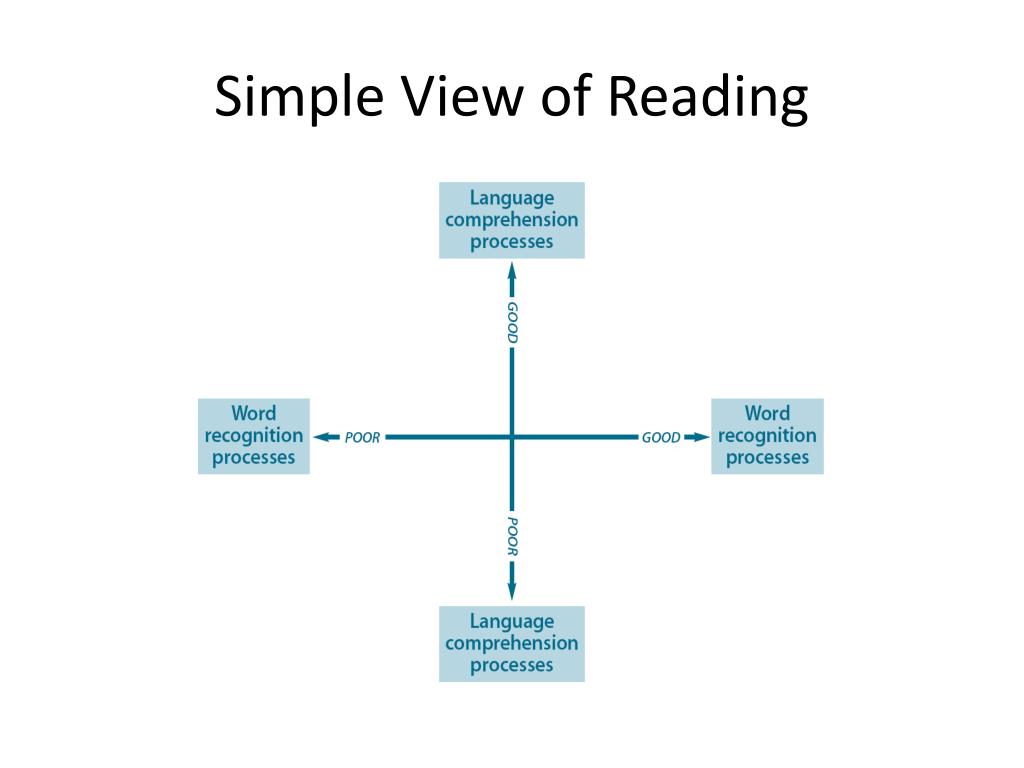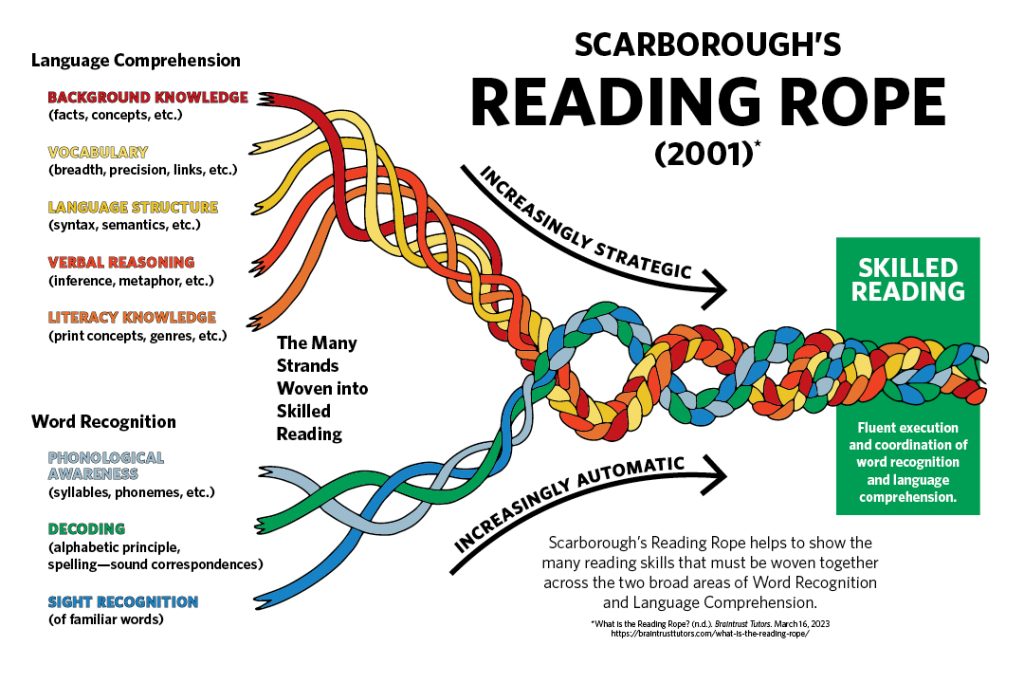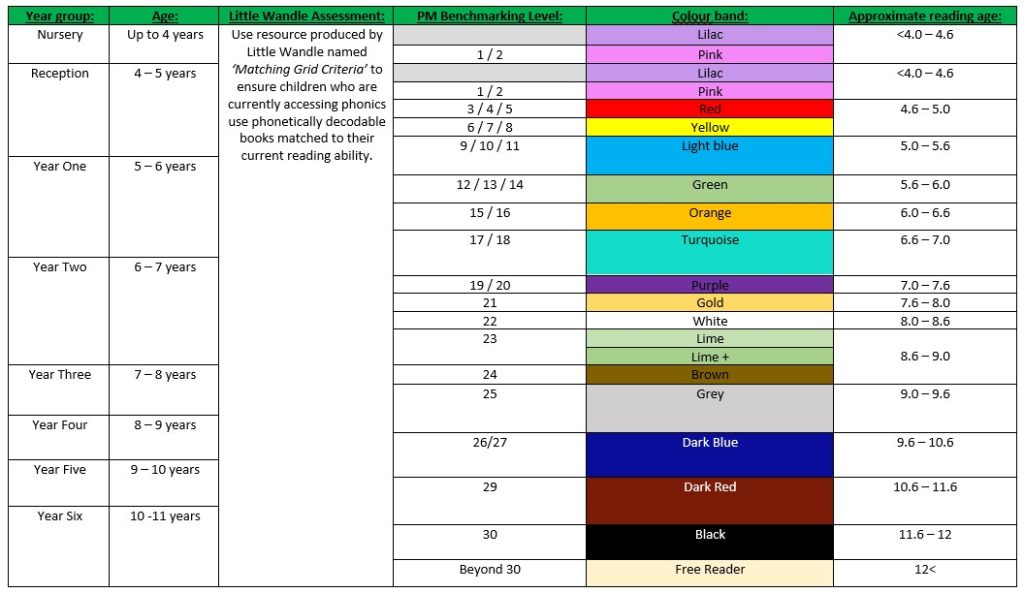Reading
Intent
‘The more that you read, the more things that you will know. The more that you learn the more places you will go!’
Dr. Seuss
At Bader Primary, we value language development and understand that it is every child’s right to have access to a high-quality education that meets their needs.
Reading is a cornerstone of our curriculum. It is one of our fundamental beliefs that every child is capable of being ‘a reader’. Our intent is for children at Bader to develop into fluent, articulate readers who have an appreciation and love of reading. We do this by firstly equipping our early readers with the skills and knowledge they require to effectively decode and segment words and advance through our well-planned curriculum.
At Bader, we ‘aim high’ and expect that during their time here, all children will experience a wide variety of reading across a number of genres enabling them to grow in confidence as readers.
We utilise evidence informed pedagogical approaches and see reading as a vehicle for children to build their own schemata, cultural experiences and understanding about the world in which they live.
It is our aspiration that when children leave Bader, they can read fluently, and with confidence, enabling them to be successful, productive member of modern Britain.
Implementation
At Bader, our approach to the teaching of reading is grounded in the belief that context does not equate to destiny; every child, regardless of background or starting point, can become a confident and fluent reader. We recognise that some pupils may arrive at school with a more limited vocabulary than their peers (Hart & Risley, 2003), and we therefore provide a systematic, knowledge-rich curriculum that deliberately builds the language and cultural capital all children need to succeed.
Reading is taught through a carefully sequenced programme which initially follows the principles of ‘The Simple View of Reading’ (Gough & Tunmer, 1986) prioritising Language Comprehension and Word Recognition.
As children mature and develop, our system and slowly builds upon these areas and draws upon the model of ‘The Reading Rope’ (Scarborough, H. 2001) advancing children’s knowledge in Language Comprehension (vocabulary, language structure, verbal reasoning and literacy knowledge) and Word Recognition (phonological awareness, decoding and sight recognition).
Our chosen phonics scheme, Little Wandle Letters and Sounds Revised, provides high-quality, structured phonics instruction that promotes decoding, fluency, and understanding.
In EYFS, our skilled staff introduce children to initial phonetic sounds and advance their early reading skills. This is achieved through engaging provision areas as well as direct, small group instruction.
In Year 1, children continue their reading journey, completing daily phonics sessions alongside three ‘whole class’ reading sessions per week in line with Little Wandle’s systematic approach. Additionally, staff hear individual children read frequently as this approach mirrors the ‘three reads’ from our SSP scheme: once for decoding, once for fluency and once for comprehension. By the end of Year 1, children take part in more formal whole class reading sessions which address national curriculum objectives 1a through to 1e through the ‘VIPERS’ system (Vocabulary, Inference, Prediction, Explanation, Retrieval and Sequencing).
Similarly, in Year 2, children at Bader continue their phonics learning with daily adult led sessions. During Year 2, children’s reading continues with daily ‘whole class’ reading sessions of approximately 30 minutes. These sessions continue to address national curriculum objectives 1a through to 1e utilising the ‘VIPERS’ system taught in Year 2. Again, children in Year 2 are heard reading individually frequently, with the expectation this is no less than three times per week.
Throughout Key Stage 2, children at Bader continue their reading journey with daily ‘whole class’ reading sessions. These are approximately 30 minutes in length and address the national curriculum objectives for reading for Key Stage 2 (2a to 2h) through building upon the procedure knowledge of the ‘VIPERS’ system.
Teaching is explicit, adaptive, and responsive, underpinned by high expectations for all learners. A graduated approach and data-driven instruction ensure that teaching is informed by ongoing assessment and targeted support. Staff assess children’s reading ability in a variety of ways: ongoing formative assessment, phonics tracking and termly reading assessments alongside P.M. Benchmarking. We utilise a hybrid tracking system which charts children’s progress through different reading stages. Beginning with phonetics matched texts (not pictured).
Through flexible grouping, scaffolding, and a mastery approach, pupils are guided towards independence and automaticity in reading.
We prioritise subject expertise through ongoing professional development. Teachers at Bader engage with current research on how children learn to read and how effective modelling can make reading skills concrete and accessible (Willingham, 2009). Staff use explicit instruction and purposeful practice to secure fluency and flexibility in reading.
The curriculum is sequenced meaningfully to enable pupils to build interconnected schemas of knowledge. Subject specific knowledge as outlined in the national curriculum is reviewed and introduced carefully. Additionally, schematic knowledge from areas such as Fundamental British Values, Rights Respecting Schools, Protected Characteristics, and our own Bader Values are woven throughout the curriculum to strengthen pupils’ understanding of the world, reinforcing schema theory and the belief that knowledge builds on knowledge. We use carefully chosen, diverse texts to develop empathy, widen perspectives, and promote inclusion. These can be viewed in our Reading Overviews at the bottom of the page.
Developing children’s cultural capital to combat any disadvantages they face is central to our curriculum design: we believe that “…the essential knowledge that pupils need to be educated citizens.” (DfE, 2014) must be explicitly taught and revisited. By ensuring all pupils have access to our shared culture (Hirsch, 1996), we enable them to make sense of the world and contribute meaningfully to it.
At Bader, our foundation subject curriculum has been carefully reviewed to offer opportunities for disciplinary literacy: “If curriculum sits at the heart of education, then literacy sits at the heart of our curriculum” (EEF). We promote disciplinary literacy by supporting pupils to use and understand the specific language and conventions of each subject (Moje, 2008). This ensures that every teacher is a teacher of English, equipping pupils to access and express learning across the curriculum.
We foster a love of reading through daily storytime, library access, and reading for pleasure initiatives (Read for the Stars). Research shows that children who enjoy reading are more likely to practise it and therefore achieve greater fluency and comprehension (Clark & Rumbold, 2006; DfE, 2021). By developing focus, fluency, and flexible knowledge through rich, meaningful experiences with text, we empower our pupils to become lifelong readers and learners.
Impact
The impact of our Reading curriculum is evidenced in several ways. Firstly, at the end of Reception, our ‘Good Level of Development’ statistics for the last three years demonstrate strong attainment in reading:
- 22/23 – 59%
- 23/24 – 73%
- 24/25 – 67%
Additionally, the impact of our Reading offer can be seen in our End of Key Stage 2 national outcomes for Reading for the last three academic years:
- 22/23 – 77% of children achieved an expected (or better) outcome.
- 23/24 – 71% of children achieved an expected (or better) outcome.
- 24/25 – 69% of children achieved an expected (or better) outcome with 23% of children achieving a ‘Greater Depth’ outcome.
By further analysing these outcomes for the past three academic years children at Bader in Year 6 achieved the following average scaled score outcomes (with 100 being the national expected standard):
- 22/23 – Average Scaled Score of 104.3
- 23/24 – Average Scaled Score of 104.1
- 24/25 – Average Scaled Score of 104.9
Some further measures which allow us to evaluate the impact of our reading curriculum are:
- Analysis of statutory assessment outcomes for phonics annually
- Analysis of phonics internal assessment outcome (termly) and the subsequent data generated by these
- Child voice around reading (termly)
- Staff voice around the teaching of reading (annually)
- Analysis of internal assessments for reading comprehension (termly)
- Parents and carers report a good understanding of how they can support reading at home and contribute regularly to home-school records.
- The % of pupils working at age related expectations (and above) within each year group will be at least in line with national averages and will match ambitious targets of individual children
- The gaps in the progress of different groups of pupils will be minimal (e.g. disadvantaged vs non disadvantaged).




